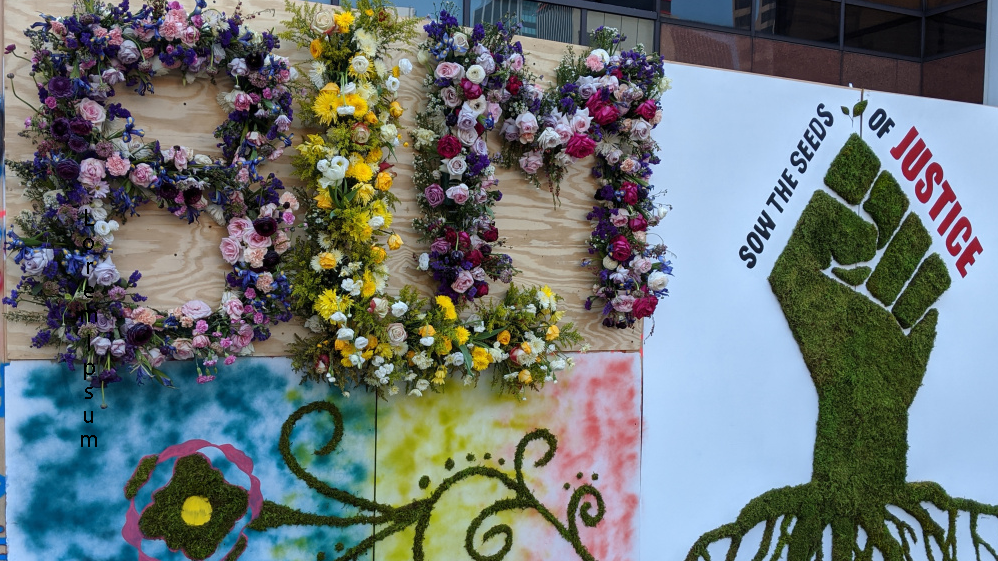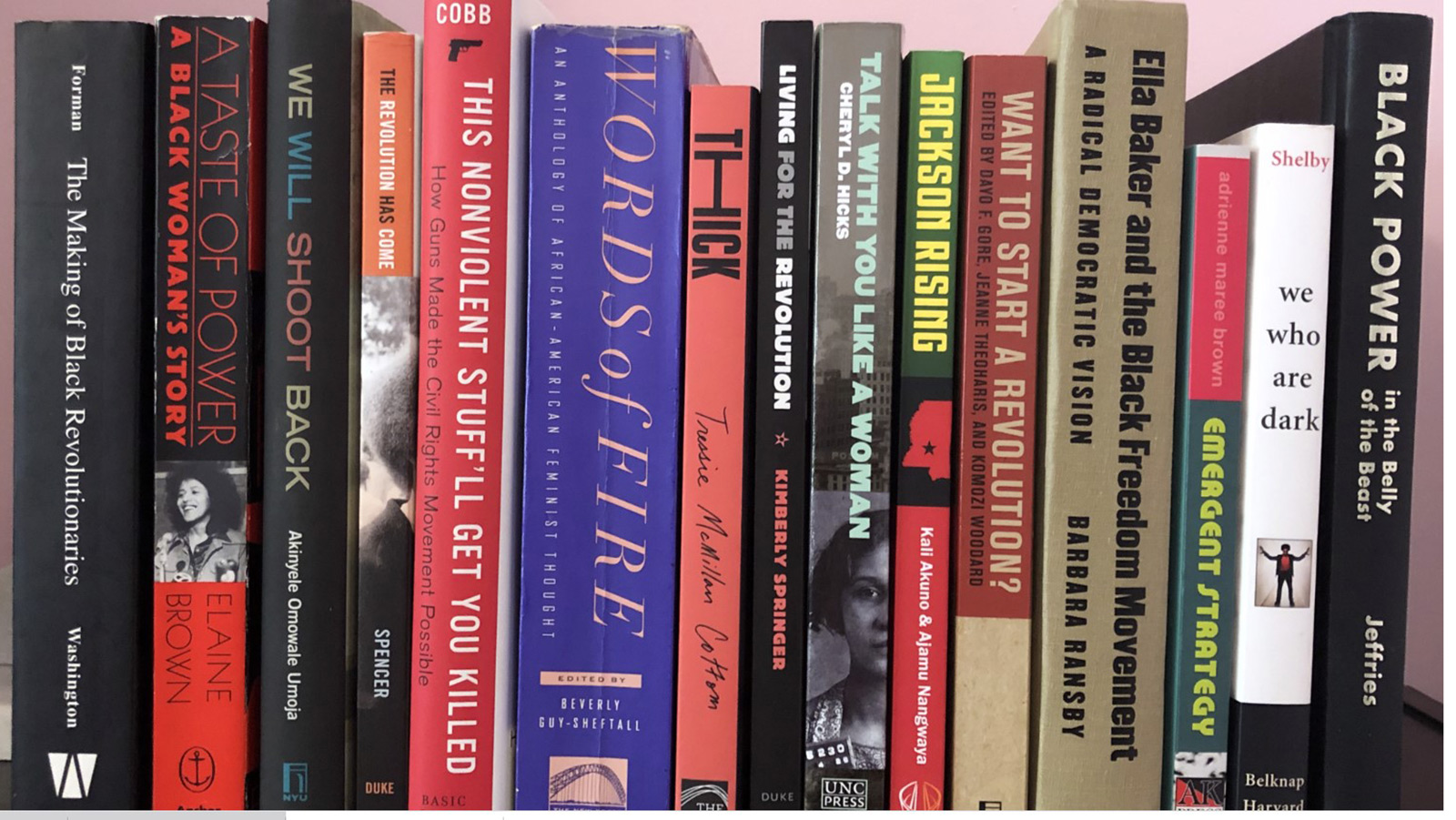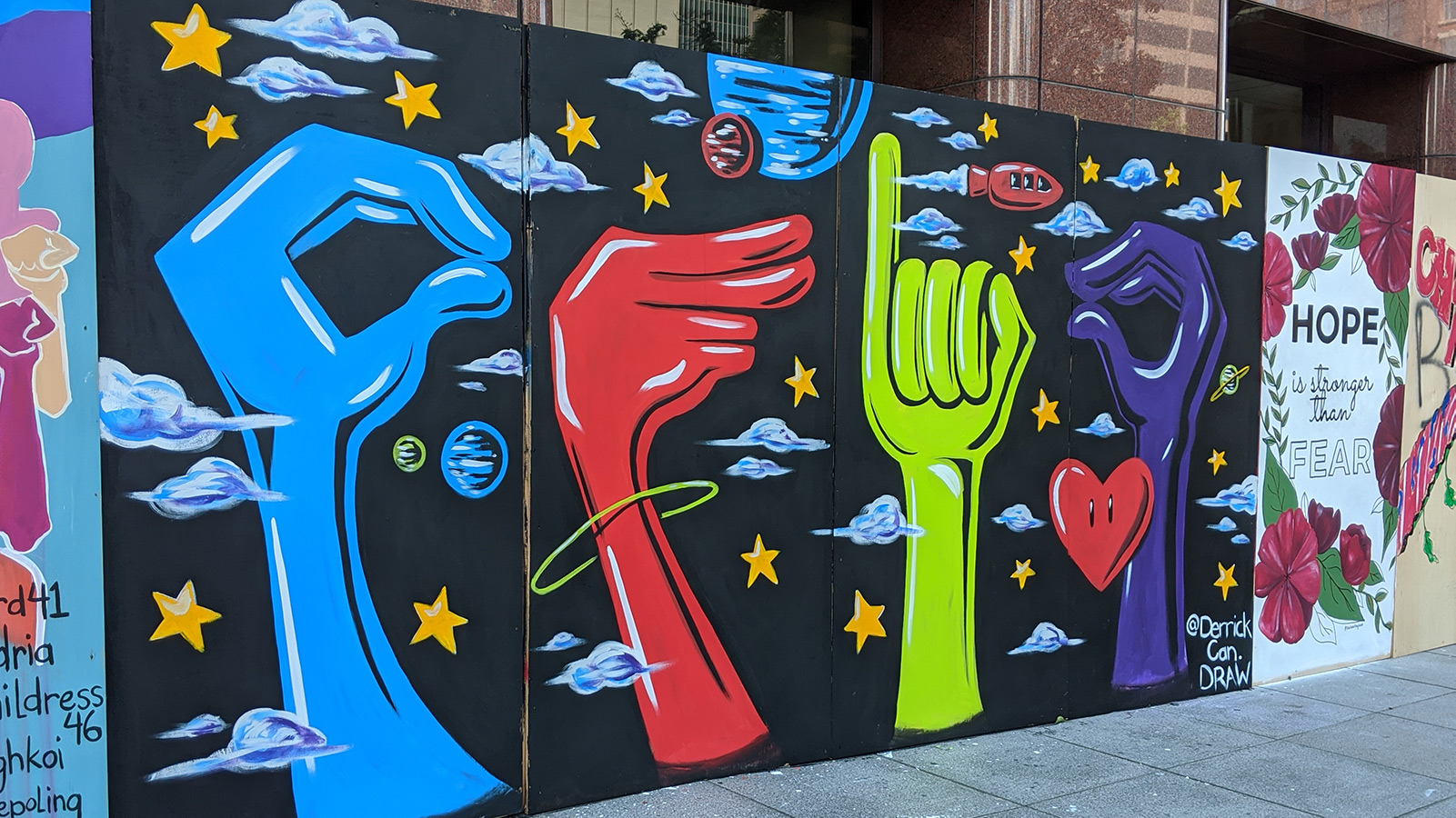About
OPEEP works to increase access to quality higher education for incarcerated
and justice-involved individuals.
We are building prison-to-college pathways through innovative teaching, collaborative inside-out teaching and learning in prison settings, and Ban the Box initiatives.

We Believe
Guided by a commitment to equity and radical inclusion, we believe that quality education is a right regardless of one’s background, identity, or status. Our project emphasizes collaborative learning opportunities for incarcerated students alongside campus students in several of central Ohio’s prison facilities. Broadening experiences of learning in new and challenging contexts illustrates the rewards of engaging in intellectual projects through empathy and a shared commitment to recognize the dignity of all people.
OPEEP’s efforts to expand prison-based education acrossOSU’s multiple campuses include many activities underway and planned in the near future. We are working to expand the range of inside-out and prison-based curricular offerings across the Arts and Sciences. In May, 2021, we will offer an inside-out instructor training exclusively for OSU faculty and teaching staff. Our project will enrich OSU student learning opportunities to include social justice-oriented courses. We also work with incarcerated students to support their higher education goals, and our plans include a regional collaboration with other central Ohio colleges and universities to expand programming and degree-completion for incarcerated students and returned citizens.
We are also excited to offer guidance on aligning inside-out courses with the new General Education curriculum, especially for high impact and service-learning opportunities. Contact us to learn more.
Join us as we develop a network of support for incarcerated students and justice-involved people to access quality higher education while cultivating a more informed and compassionate community at OSU.

Our Commitment to Social Justice Pedagogies
OPEEP supports the creation and sustained offering of prison-based education at OSU. By bringing together campus students with incarcerated students in prison-based classrooms, the stark realities of injustice, disenfranchisement, and mass incarceration can be met with pedagogies that connect personal transformation with efforts to change society.
Experiential and collaborative learning defines the inside-out model. Sustained engagement with others who are co-learners and partners in knowledge-building means that all students can explore the unique and personal effects of oppression in theirs and others’ lives. Students experience the power of learning together and can develop ideas for change through that shared understanding that knowledge can spur action for change.
Teaching and learning are practices of healthy communities that should be pervasive, life-long endeavors. We believe that faculty and teaching staff also continue to learn and grow as educators by learning new pedagogies and expanding their teaching experiences to include prison-based education. Our project provides training opportunities for faculty and teaching staff to learn these practices and to visit student and faculty alumni of inside-out courses, including workshops within prisons. All subjects, disciplines, and topics are possible.
Collaborative learning also fosters confidence for incarcerated students whose ideas are equal in every respect to campus students’ contributions. Learning side-by-side and seeing their own self-worth practiced and respected by their student peers and teacher encourages the development of personal and social skills for successful reintegration into their communities. Participating in higher education is one of the most effective practices of successful reintegration and of dramatically reduced recidivism. We therefore seek to provide strong and supported pathways from prison education to campus education.
We believe that building and sharing knowledge should be a collaboration between teachers, students, and communities that raises all voices and ideas.

Decolonize OSU
Higher education should be a project of creating more inclusive and equitable communities. However, the work of transformation begins by realizing that higher education in the U.S. was founded on land grabs from indigenous people, the enslaved and forced migrant labor of African-Americans, and the construction of borders through military occupation and colonial warfare.
The colonial and racist heritage of public higher education extends beyond the land that grounds our University, however. The very idea of the liberal arts education rests on racist, sexist, homophobic, and ableist commitments to white, male, Western “knowledge” as the rightful core of all people’s educations. We disagree. As anti-racist feminist scholars and teachers, we believe that education and its places of learning must be decolonized.
We call out the colonial, anti-Black, sexist, homophobic, and ableist practices on our campus and embedded in its structures of reward and investment. We refuse the withholding of quality higher education based on criminal history, disability, or documented migrant status.
OSU invests in oppressive structures of racism, heterosexism, and settler colonialism, for example, through its capital investments in energy companies which impede indigenous sovereignty and increase environmental racism worldwide; its militarized policing and investment in the prison industrial complex; its cultures of sexual coercion and the denigration of women, trans, and sexual minority students; its disregard for the violent impacts on students of color of being underrepresented on a predominantly white campus; and its practices of gentrification.
We are in relation to the land and our environments, and to each other. We commit to welcome and center perspectives unrecognized and decentered by whiteness, settler colonialism, binary gender, heterosexuality, and ableism. We collaborate with communities and refuse to serve as experts in activities or events without community and student partners.
We do not seek to disseminate knowledge from the podium. We work in collaboration to create new ways of knowing, learning, and being with students, community partners, and teachers.
In Ohio, we live on lands claimed by tribes speaking Algonquian and Iroquois languages. The Shawnee were one of the largest groups in Ohio at the time of European incursion. Many other groups indigenous to the continent of Turtle Island came to this region (Ohio) as European settlers pushed them off their lands –some as early as the 1600s. These include the Miami, Delaware (Lenape), Ottawa, Seneca (who came to be Seneca-Cayuga), and Wyandot.
We acknowledge that OSU campus lands have long served as sites of meeting and exchange for these and other Indigenous people and Nations, and for the People of Fort Ancient, Hopewell, and Adena cultures, also known as the earthworks builders. OPEEP honors and respects the diverse Indigenous people connected to this land in which we gather.
